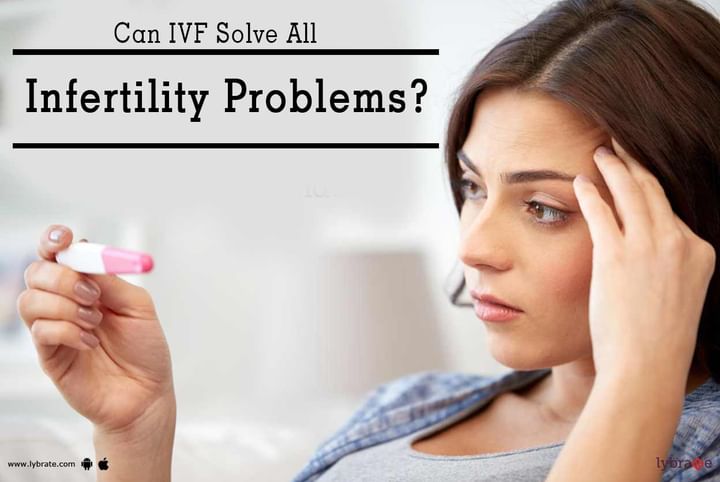Can IVF Solve All Infertility Problems?
Not being able to get pregnant can be an agonizing experience. The fertility of an individual can be affected by a host of physical and mental factors. The effectiveness of a fertility treatment is enhanced by several folds if there is an accurate diagnosis of the underlying cause of infertility. The In Vitro Fertilization (IVF) that first made its presence felt in 1978 (the first child born through IVF was on 25 July 1978) has been a revolution and is still continuing to change lives of millions of couples dealing with infertility issues.
IVF, however, is not the 1st line of treatment to treat infertility. There are a few basic treatments like Ovulation Induction With Timed Intercourse (OI+TI), Intrauterine insemination (IUI), etc. Every patient is different and so is his/her condition. So, the doctor decides the mode of treatment as per the conndition of the patient.
When we talk about IVF, a question that often comes to our mind is whether IVF is the solution to all infertility problems? To answer this question, one needs to have a proper understanding of the IVF procedure. The IVF procedure essentially comprises of following things-
- Stimulation of the ovary and development of the follicles involves a series of tests and ultrasounds to closely monitor the ovulation process, including the quality and quantity of eggs released along with the hormonal balance.
- In some instances, medications or hormones may be needed to ensure that the ovaries are stimulated enough to ensure proper development of the follicles (sacs filled with fluids where maturation of eggs take place) along with the release of two or more eggs during each cycle.
- Retrieval of the eggs: This step involves isolation of the eggs or the oocyte from the follicular fluid into a culture media and finally into an incubator.
- Fertilization: With the retrieval of the eggs, the sperm samples (from the partner or a donor) are also collected to facilitate the fertilization process (the chosen active sperm may be injected into the egg or mixed with it).
- Transfer of the embryo: From the embryos resulting from fertilization, a doctor selects the healthiest one and transfer it into the uterus of the recipient woman for implantation to take place.
- Following the implantation of the embryo, many women get pregnant within a few days or weeks. However, a pregnancy test can also result in disappointment for some.The failure of IVF treatment in some patients can be attributed to
- The embryo not being healthy enough to undergo the implantation
- Problems or severe damages to the uterine cavity.
- Abnormalities with the egg or the sperm (can be chromosomal or genetic aberrations).
Can IVF solve all infertility problems?
Having a clearer understanding of the IVF procedure, one can state that IVF does come as a ray of hope, especially for
- Males with a low sperm count
- Tubal damage in women. There may also be problems affecting the cervix and the vagina
- Women with ovulation problems (can be due to Hormonal Imbalance, PCOS, Endometriosis) or those who are above 35 years
If the possibility of an IVF treatment failure occures, there are advanced treatments available like Preimplantation Genetic Diagnosis (PGD) and Endometrial Receptivity Array (ERA) which rule out the factors that could be the reason for a failure. These factors can only be identified by a fertility expert as it requires intricate understanding in the variables involved for a successful IVF cycle.



+1.svg)
